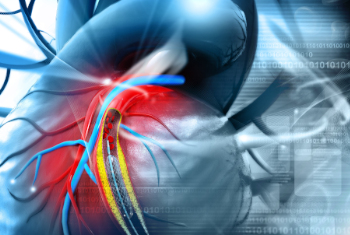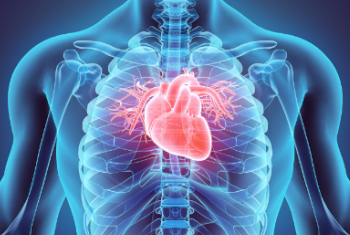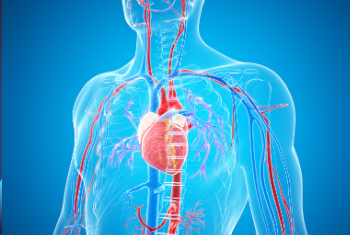Structural Heart
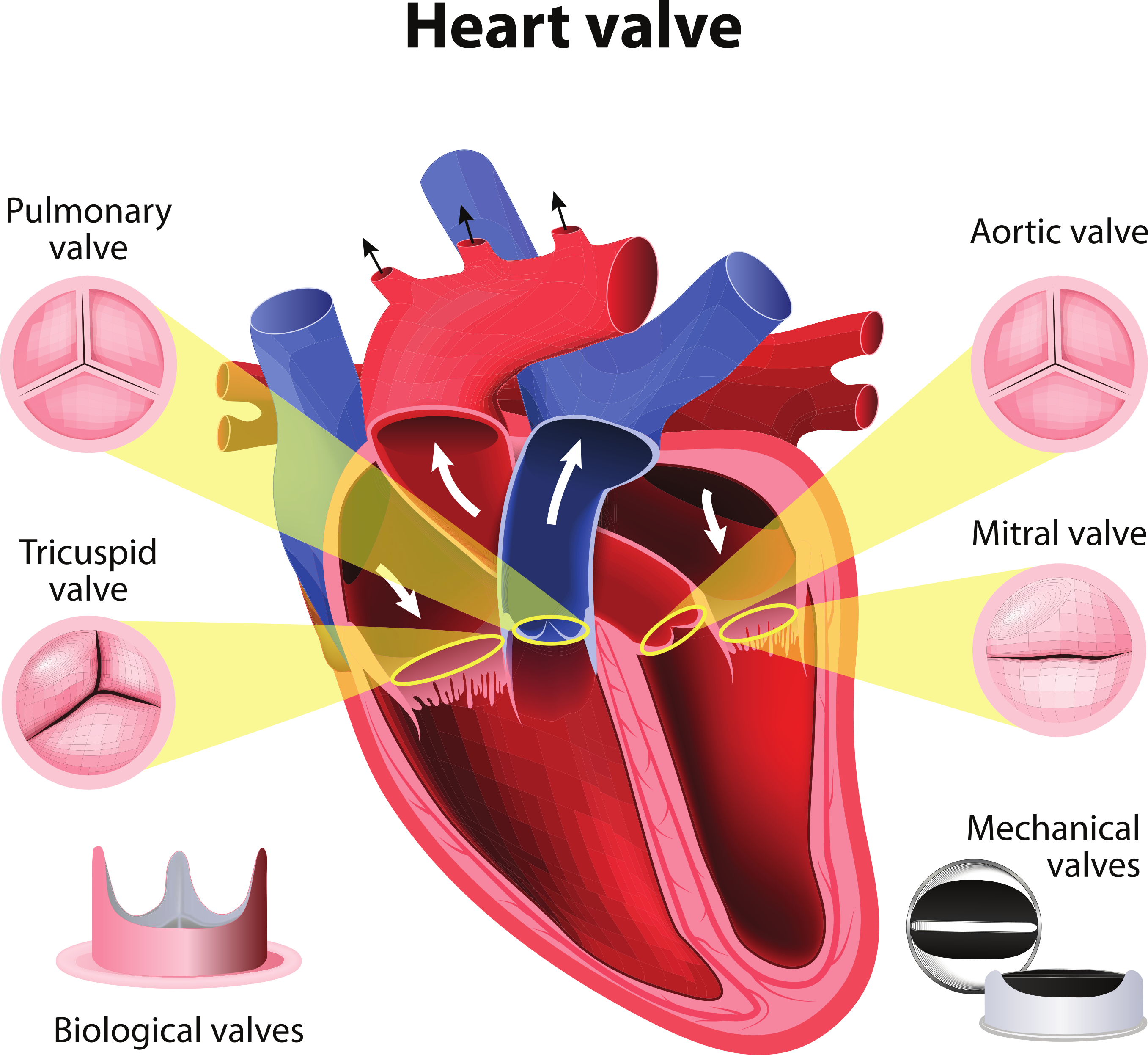
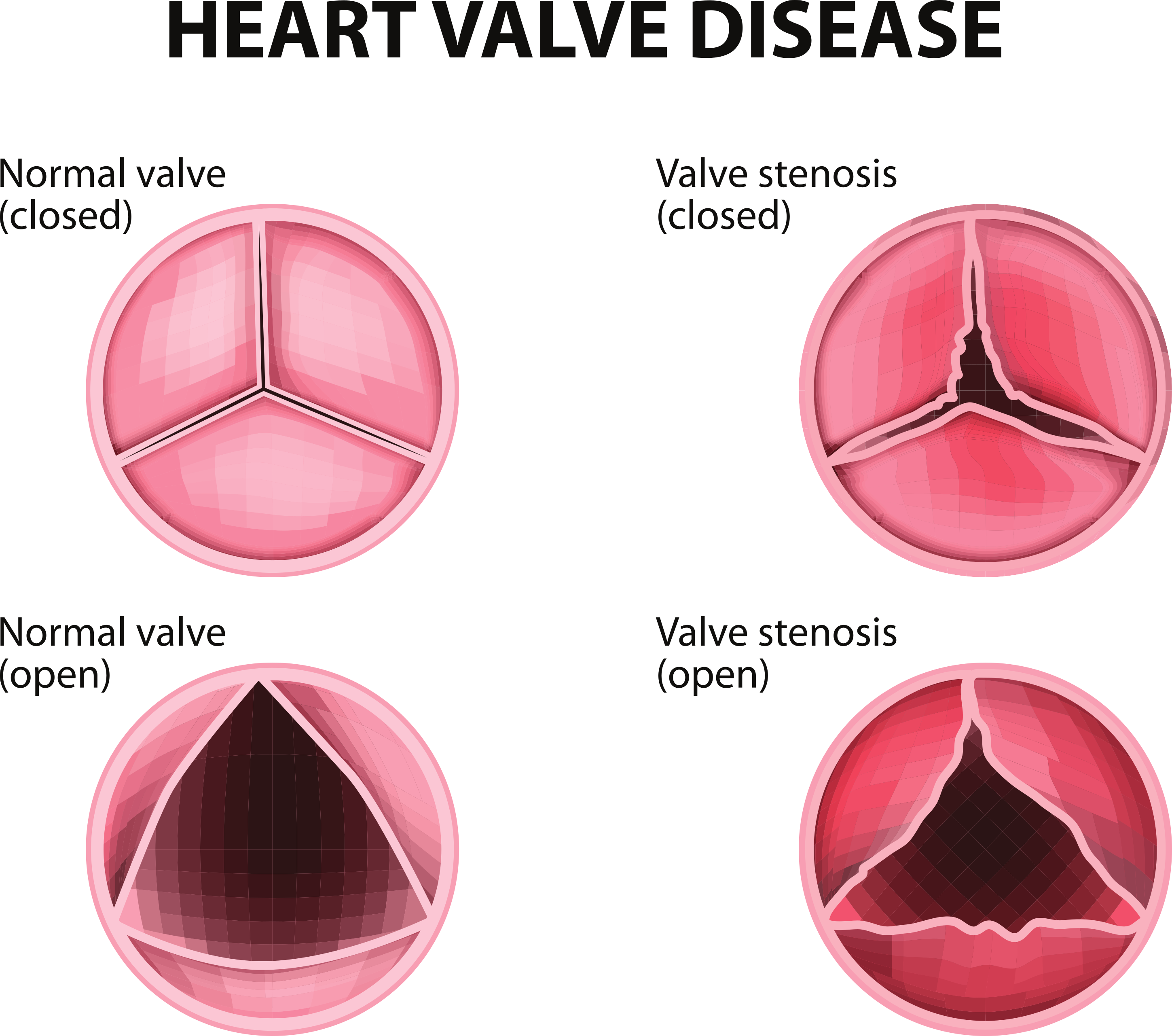
The Structural Heart team at Fort Worth Heart offer the best structural heart healthcare in Fort Worth, TX. Structural heart disease consists of complications with the tissues or valves in the heart. Many, structural heart diseases are congenital while in some cases may develop later in life. There are many types of structural heart diseases, but all involve some kind of defect or disorder in the structure of the heart’s valves and tissues. Structural heart diseases can include:
- Aortic valve stenosis - In this disorder, the aortic valve narrows or shrinks thus blocking the transportation of blood to the heart
- Heart valve disease - Heart valve disease is when one or more valves in the heart is damaged causing problems with blood flow.
- Stroke - If blood flow is cut off for longer than a few seconds, the brain cannot get nutrients and oxygen. Brain cells can die, causing lasting damage.
- Mitral valve regurgitation - In MVR a valve has a defect that leaks blood backwards toward the heart.
- Patent foramen ovale (PFO) or Atrial septal defects - These two types defects occur between the upper two chambers of the heart and appear as holes in the valves or tissue.
- Ventricular hypertrophy - When the muscles that make up the ventricles become thickened this complicates passage of blood to and from the heart.
- Cardiomyopathy - This is a term used to describe changes in the heart muscle. In most cases, the muscle becomes stiff and enlarged.
- Marfan syndrome - Marfan syndrome is a genetic condition affecting the connective tissue. It can affect all parts of the body but can be significantly troubling when the heart’s connective tissue is affected. The most serious heart complications occur when damage to the valves, aorta, or both..
- Myocarditis - When the heart’s muscles become inflamed, the condition is referred to as myocarditis.
Symptoms of Structural Heart Disease
Most of the time, symptoms of structural heart disease include:
- High blood pressure
- Stroke or Mini strokes, also known as transient ischemic attack (TIA)
- Kidney dysfunction
- Irregular heart beats
- Swollen ankles, feet, belly, lower back, and fingers
- Shortness of breath
- Chest pain or tightness
- Leg cramps
- Extreme tiredness (fatigue)
- Memory and concentration loss
- Shortness of breath
- Rapid and unexpected weight gain
When to Make an appointment at Fort Worth Heart
If you are having any of the symptoms listed above, make an appointment today with the best cardiologists in Fort Worth. We will be able to coordinate the testing needed to confirm or rule out a more serious heart condition. Sometimes, you don’t need any treatment for your structural heart disease, but our doctors will want you to get tested regularly to see if your disease changes or gets worse. Most of the time, structural heart disease is something that you are born with, and there is nothing that you can do to prevent it like eating healthier foods and getting more exercise. Other preventative measures include: Manage your high blood pressure by avoiding sodium and taking your medicine as well as avoiding drugs and alcohol.

